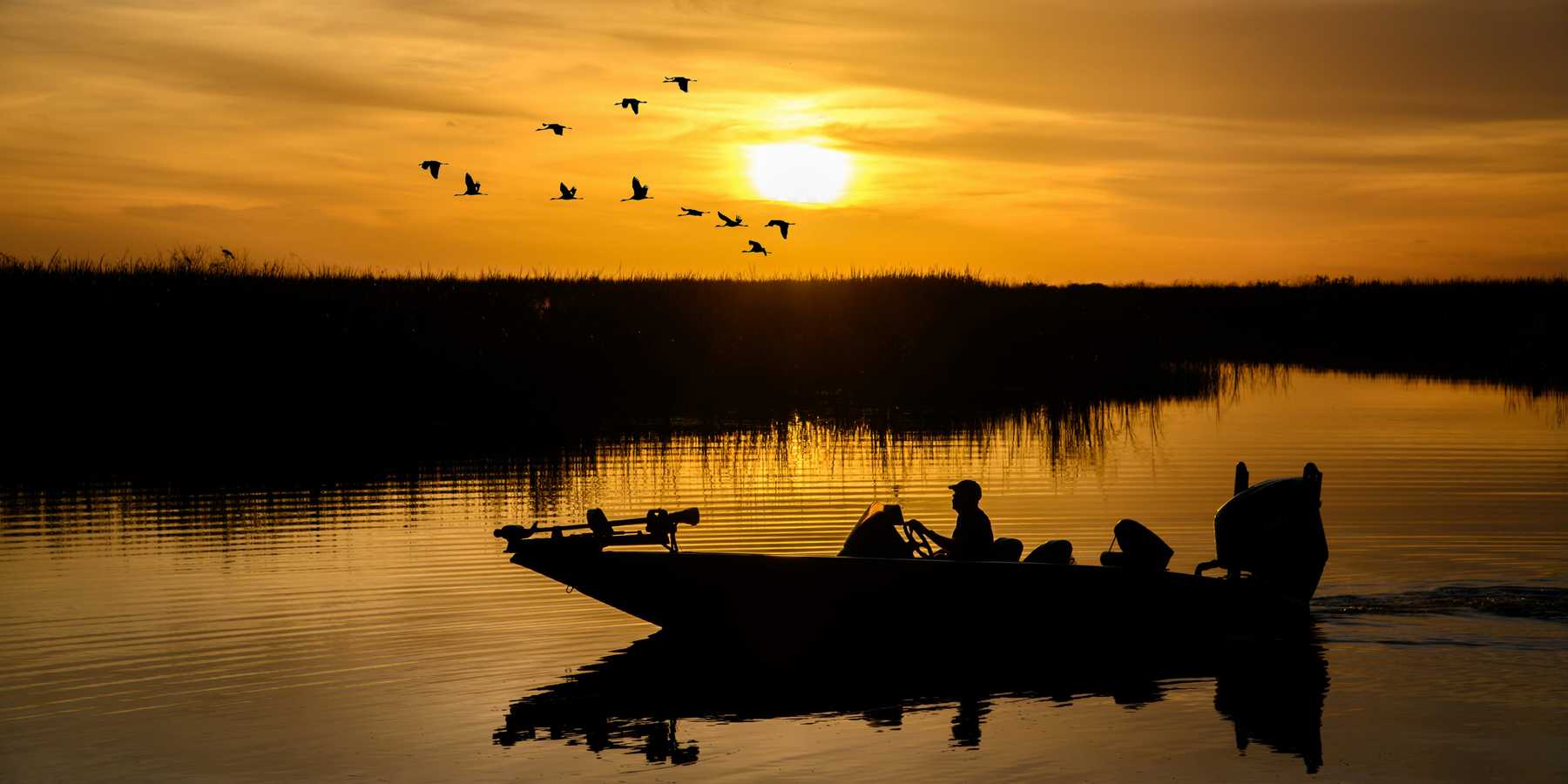
Federal judge orders closure of Everglades ICE detention site built without tribal consent
A federal judge has ordered the shutdown of a controversial Immigration and Customs Enforcement (ICE) detention center in the Florida Everglades after ruling that the U.S. government failed to consult the nearby Miccosukee Tribe or conduct a required environmental review.
Miacel Spotted Elk reports for Grist.
In short:
- U.S. District Judge Kathleen Williams ordered the federal government to halt operations at the “Alligator Alcatraz” detention center and begin dismantling it within 60 days, citing violations of environmental law and lack of tribal consultation.
- The Miccosukee Tribe and environmental groups argued the project harmed endangered species, disrupted traditional food sources, and violated tribal sovereignty and the National Environmental Policy Act.
- Florida, which manages the center on behalf of ICE, has already appealed the ruling, and legal experts suggest the case may set precedent for future challenges to federal projects on or near tribal lands.
Key quote:
“The project creates irreparable harm in the form of habitat loss and increased mortality to endangered species in the area.”
— Judge Kathleen Williams
Why this matters:
The Miccosukee Tribe’s challenge to the so-called Alligator Alcatraz detention center highlights ongoing conflicts between federal infrastructure projects and Indigenous rights, especially in ecologically fragile areas. In addition to being a vast wetland ecosystem, the Everglades are a homeland and a source of food, culture, and identity for the Miccosukee people. Building detention centers or other high-impact developments in these areas without public environmental review or tribal consultation violates laws meant to protect both nature and community health. Projects like these can disrupt endangered species, pollute water systems, and erode hard-won tribal sovereignty. As the federal government ramps up detention capacity under the Trump administration, similar legal battles could emerge nationwide.
Related: Everglades detention camp sits in hurricane alley, raising safety fears













